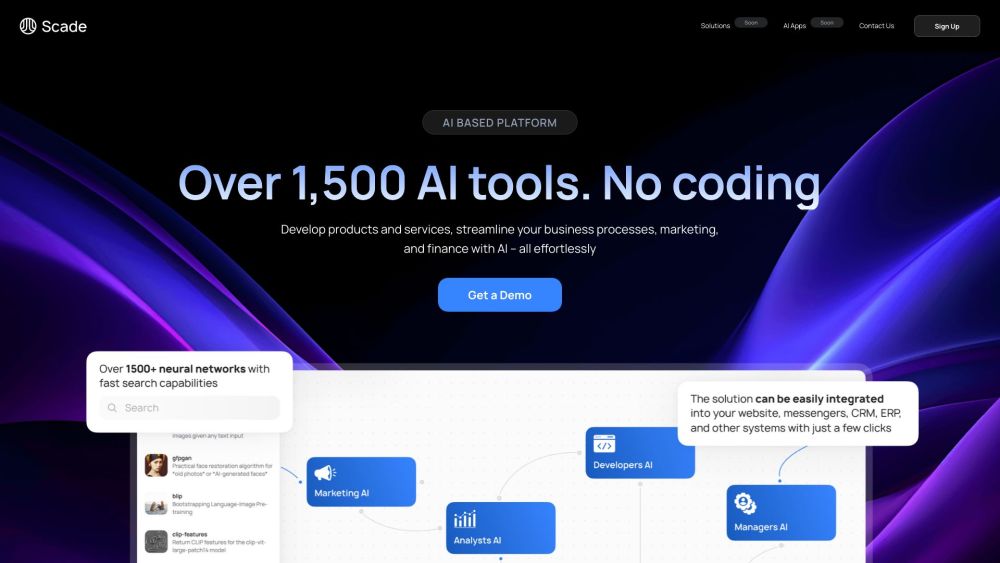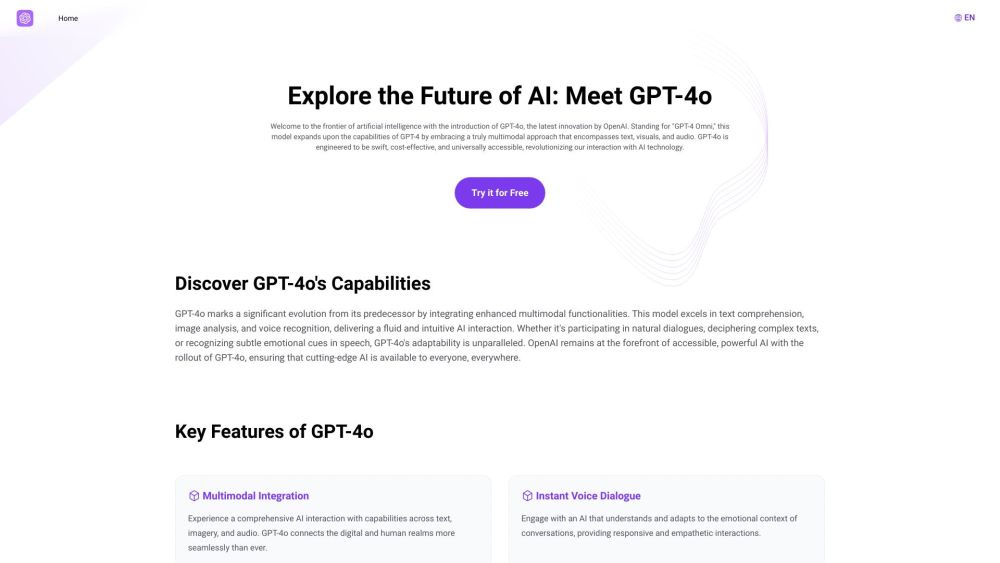Voice Cloning: Risks and Regulatory Response
Voice cloning, the ability to replicate someone's voice so convincingly that it seems real, has surged in popularity this year. A range of AI startups and technologies have emerged, including a viral song featuring voice clones of music icons Drake and The Weeknd.
However, this innovation raises significant concerns for consumer safety, particularly regarding fraud. The Federal Trade Commission (FTC), responsible for preventing consumer harm and promoting fair market competition, views voice cloning as a substantial risk. Imagine receiving a call from what appears to be your mother asking for an urgent $5,000 wire transfer, or someone using your voice to access your bank accounts via a customer service hotline.
In response, the FTC plans to announce an exploratory Voice Cloning Challenge at its upcoming meeting on November 16. This initiative aims to motivate technologists and the public to develop multidisciplinary solutions to combat the potential harms of AI-enabled voice cloning, including fraud and the misuse of biometric data.
The Rapid Advancement of Voice Cloning Technology
Voice cloning technology is not only advancing quickly but also attracting significant investment. For instance, a filmmaker recently produced a deepfake video featuring First Lady Jill Biden that criticized U.S. policy on Palestine. The video, created within just a week using ElevenLabs—one of the leading startups in this space—underscores the potential for AI to fabricate convincing narratives.
ElevenLabs, founded by former employees of a controversial military and corporate intelligence firm, has garnered considerable investor interest, reportedly seeking $1 billion in a third funding round this year, as reported by Business Insider. This rapid growth highlights the lucrative possibilities of voice cloning, paralleled by the increasing availability of open-source solutions.
Yet, with this swift advancement comes the risk of misuse, and regulators are striving to stay ahead of potential issues through proactive initiatives like the FTC's challenge.
Addressing the Risks of Voice Cloning
A primary concern with voice cloning is its capacity to generate authentic-sounding speech from just a few minutes of audio. This capability opens doors to the creation of deceptive audio and video content that can manipulate and mislead audiences. Experts warn of the potential for fraud, the use of deepfakes for public embarrassment, and synthetic propaganda that could disrupt political processes.
Current mitigation efforts mainly rely on voluntary industry practices, but these may not suffice. The FTC’s challenge represents a coordinated approach, encouraging stakeholder collaboration to develop technical, legal, and policy solutions that enhance accountability and protect consumers.
Proposals could include improved detection methods for deepfakes and establishing standards for the provenance of synthetic media. These solutions aim to foster innovation while ensuring safety and responsibility.
FTC's Commitment to Consumer Protection
The FTC's skepticism regarding generative AI's risks has been articulated in comments filed with the U.S. Copyright Office. The agency raised concerns about AI being trained on "pirated content without consent," tying into discussions about whether voice cloning tools sufficiently secure permission for using individuals' speech samples. The Voice Cloning Challenge seeks to establish best practices for responsibly collecting and managing personal data.
Additionally, the FTC highlighted risks of consumer deception from AI impersonation. The challenge aims to encourage the development of techniques that accurately attribute synthetic speech and reduce the occurrence of misleading deepfakes.
By launching this initiative, the FTC seeks to proactively influence the direction of voice cloning and other generative technologies, guiding them toward solutions that effectively address consumer and competition concerns articulated in its copyright filing.




